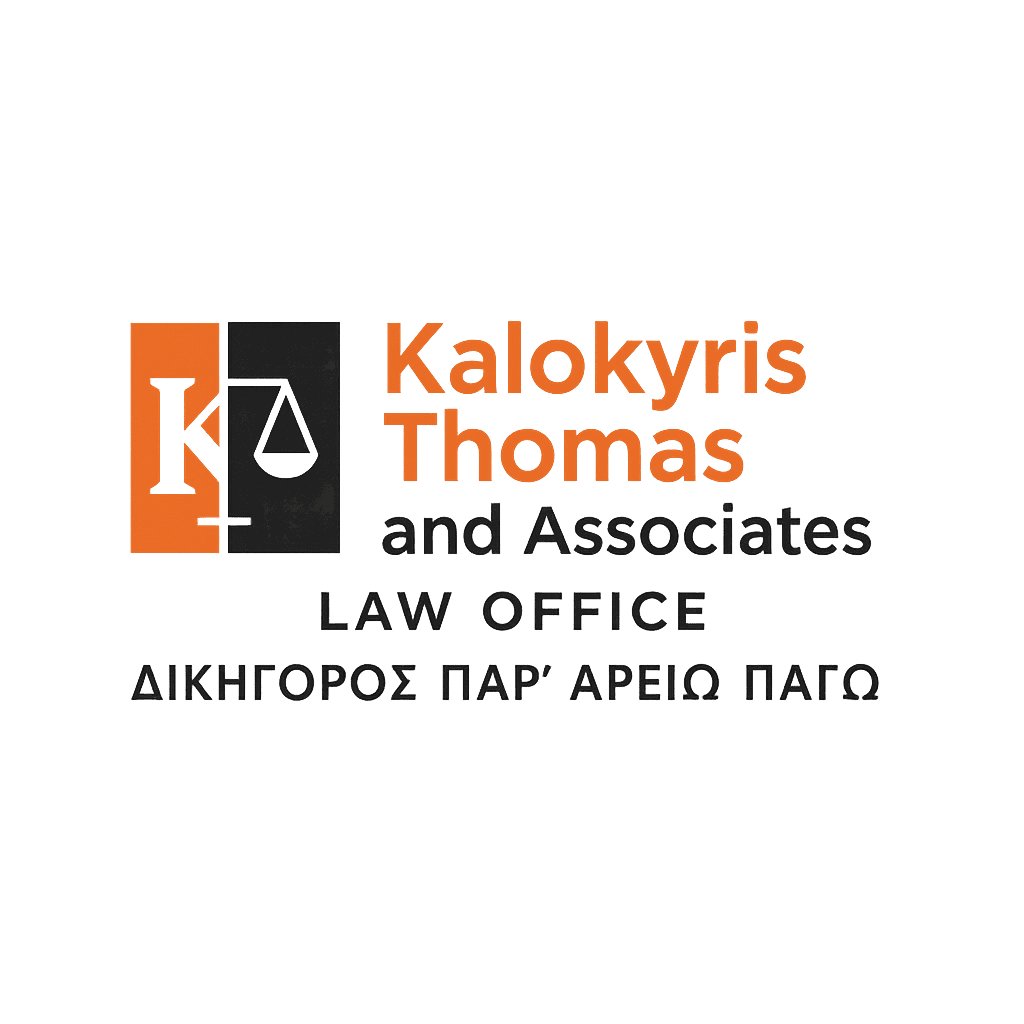According to the provision of Article 847 AK, with the guarantee contract, the guarantor undertakes the responsibility towards the lender, that the debt will be paid. Therefore, the content of the guarantee is the assumption by the guarantor of the obligation towards the lender to fulfill the provision of the principal, if the latter does not do so. The guarantee is drawn up between the guarantor and the lender without requiring the cooperation or consent of the debtor [AP 1500/2008, Greek Decree 2008/1449, AP 843/2011, Greek Decree 2012/1259].
The possibility of the guarantor to be released, by raising the objection of release from Article 862 of the Civil Code, should not be linked to his possible waiver of the objection of maintenance, in accordance with Articles 855 and 857 of the Civil Code. Thus, it is firmly accepted that the overturning of the subsidiary character of the guarantee due to the guarantor's waiver of the objection of possession does not make him the final debtor of the debt nor does it set aside the character of his debt as "foreign", with the result that in any case it is possible to on his behalf, presentation of the objection to release according to article 862 of the Civil Code [See AP 512/2008, NoB 2008. 2368; AP 1568/2009, CJEU 2010. 65; AP 377/2011, LAW; PPrath 1568/2011, LAW; Prath 2389/2013, LAW].
However, the provision of article 862 of the Civil Code is of injunctive law, with the result that the guarantor's waiver of his right to raise the objection of release is valid. However, as established by law, this waiver is subject to the provisions of the article 332 par. 1 AK and, therefore, it is void in the event that the creditor's culpable conduct that led to the principal's inability to satisfy it consists of fraud or gross negligence[1]. Since the Civil Code did not include a definition of gross negligence, it is up to the judge of the substance, assessing the circumstances, to judge when the negligence is gross, a value judgment which is reviewed on appeal [AP 1068/2017, AP 1296/2017 NOMOS]. Article 862 of the Civil Code introduces a special amortization reason for the contractually created guarantee of guilt in the event that satisfaction of the creditor by the principal has become impossible due to his (lender's) fault. This provision is a specialization of the general clause of the article 288 AK, expressing the idea of protecting the guarantor, who undertakes the obligation to fulfill another's debt, i.e. a debt foreign to him.[
In loan contracts, when credit institutions require the signature and commitment of the guarantor as well, terms are usually included that aim to exclude the exercise of legal rights provided by law in favor of the guarantor. Terms of the loan agreement regarding the liability of the guarantor, such as, indicatively, that the latter "accepts in advance the change of any term of the contract, as long as it is accepted by the debtor according to what is written in its terms" or that "the guarantor is not released if the lending Bank waived real or personal collateral in its favor, for its claims from the loan agreement and that the guarantor provides his/her irrevocable consent to the lending Bank, to waive the real estate or personal collateral at any time" form abusive terms based on the article 281 AK and the more specific expression of this in article 2 par. 6 of Law 2251/1994 on consumer protection, since it has been legislated, that the general condition of transactions regarding the guarantor's waiver of the aforementioned objections is absolutely invalid, as it disturbs the balance of rights and obligations of the contracting parties against the guarantor.
[See OlAP 6/2000, DEE 2000. 521 according to which it was held that the guarantor can waive the benefit established by the provision, but only for the case in which satisfaction of the creditor will become impossible due to his slight negligence, because in case fraud or gross negligence the relevant agreement would conflict with the prohibitive provision of article 332 of the Civil Code and would be invalid (174 of the Civil Code) ˙ AP 377/2011, LAW; AP 1850/2011, HriDik 2012. 269; AP 419/2013, HRID 2013. 505; EfThess 1034/2013, EEmpD 2014. 573; ΠΠΑθ 1163/2011, LAW ˙ Law 2389/2013, LAW]. [OlAP6/2000]
[Study based on excerpts from the aforementioned court decisions]
Thomas Ste. Summer
Lawyer



